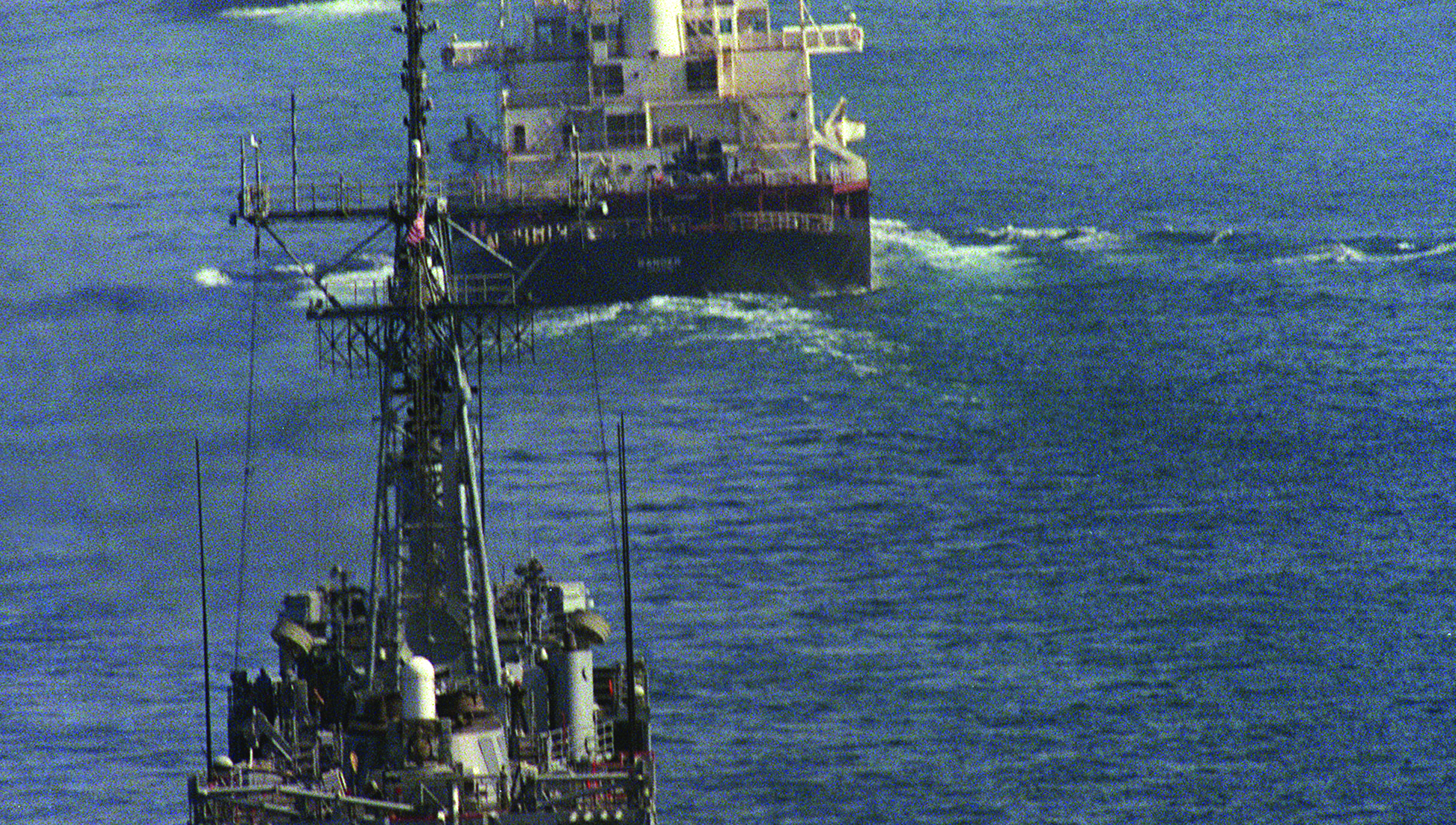
The US authorities have issued new maritime alerts over the possibility of retaliatory strikes by Iran, following the US killing of the Iranian military leader General Qasem Soleimani on 3 January 2020.
The US Maritime Administration (MARAD), published several alerts on the threats to commercial shipping from 'Iran and its proxies' in the Persian Gulf, Strait of Hormuz, Gulf of Oman, Arabian Sea, Red Sea, Gulf of Aden and Indian Ocean.
Amid rising tension in the Middle East, the US government is said to be: 'Continually assessing the maritime security situation in the region to safeguard freedom of navigation, ensure the free flow of commerce, and protect US vessels, personnel and interests.'
US commercial vessels operating in the region are advised to 'exercise caution and coordinate vessel voyage planning' with the US Fifth Fleet Naval Cooperation and Guidance for Shipping (NCAGS), which has the latest information and guidance on dynamic maritime security threats and operational environment in the region.
'US commercial vessels operating in this area should review US Maritime Advisory 2019-012, which contains contact information for US Fifth Fleet NCAGS,' the alerts said.
So far, the UK government has not issued similar maritime alerts.
Neither the Warlike Operations Area Committee (WOAC) nor the International Bargaining Forum (IBF) – both of which Nautilus takes part in – have convened to discuss the issue, but a WOAC meeting is expected later in January 2020.
On 7 January, Defence Secretary Ben Wallace told the House of Commons that the UK had put the Royal Navy and military helicopters on standby and that the government was putting in place 'urgent measures' to protect British nationals and interests in the region.
He said non-essential UK personnel had also been moved out of Baghdad.
Two Iraqi bases housing US and coalition troops were targeted, one at Al Asad and one in Irbil, at about 02:00 local time on Wednesday (22:30 GMT on Tuesday). It came just hours after the burial of Soleimani, who controlled Iran's proxy forces across the Middle East.
On 7 November 2019, WOAC agreed to downgrade the Strait of Hormuz from a High-Risk Area.
The decision was made one month after the British-flagged Stena Impero was released from detention by Iran. The country's revolutionary guards seized the British tanker in response to the UK's capture of an Iranian vessel off Gibraltar.
There had been an escalation of violence in the Strait of Hormuz since May, with several attacks on shipping.
Security analyst Dryad Global said: 'Whilst it remains likely that 'any Iranian response will be land-based, it is not inconceivable that the threat will spill out into the maritime domain.
'Operators in the region should be aware that the current threat context within the region's waterways remains largely unchanged.'
Dryad says that the high threat to vessels within the region remains 'primarily focused on US and Saudi-flagged vessels' and that there is an 'additional threat to vessels carrying US cargos or assets or are seen to be linked to US economic interests.'
Any members who are concerned about transiting the region should contact their industrial official before they travel by logging into My Nautilus or contact the union via its emergency helpline Nautilus 24/7.
Tags
More articles
US cancels alert on Iranian maritime threats
US authorities have cancelled a security alert to shipping over possible retaliatory strikes by Iran in the Middle East but warned commercial vessels in the region to remain vigilant.
